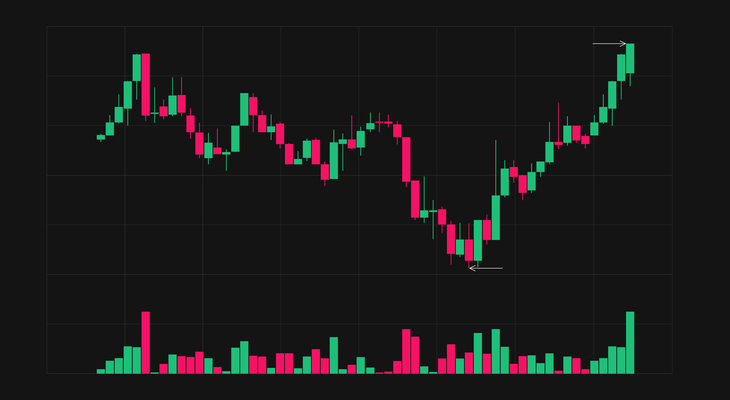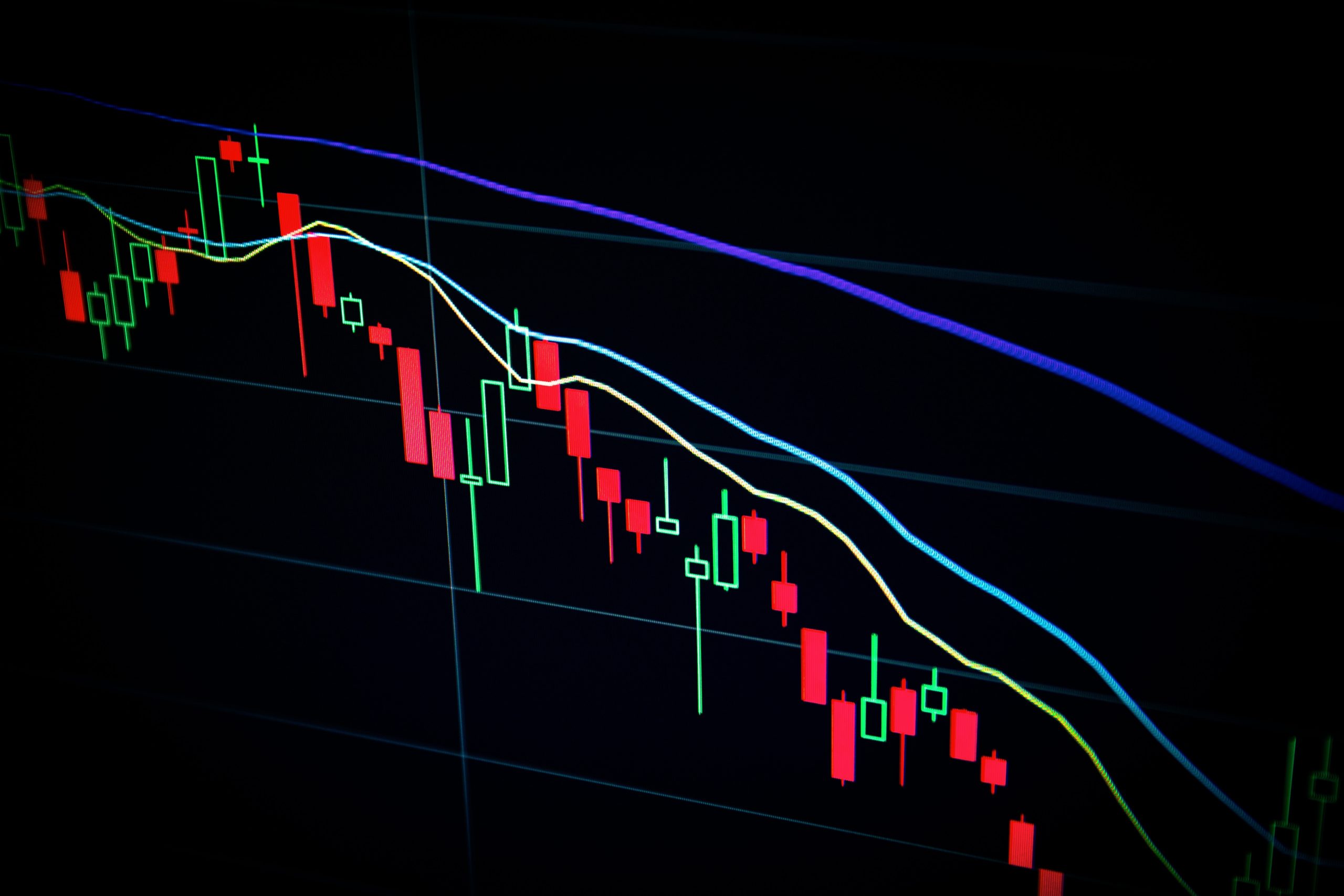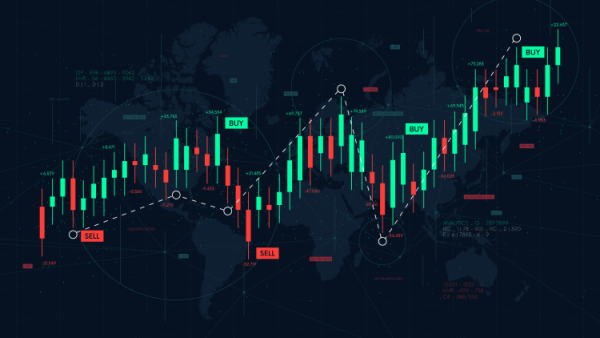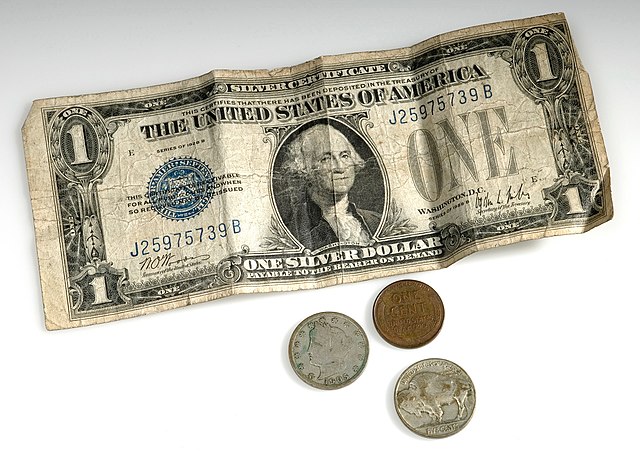The world of finance is a vast and complex landscape that is constantly evolving. One of the most important components of this landscape is the stock exchange, which serves as a hub for investors and traders alike.
The global stock exchange market has been growing steadily over the years, with new exchanges emerging and existing ones expanding their offerings. In this article, we will be exploring the top 10 largest stock exchanges in the world, including the NYSE, NASDAQ, and more, to gain a better understanding of their significance in the global financial market.
These stock exchanges are ranked based on their market capitalization, which is the total value of all the shares listed on the exchange. We will be examining their trading options and offerings, as well as their historical facts, to provide a comprehensive overview of each exchange.
The stock exchange market is a crucial aspect of the global economy, as it provides a platform for companies to raise capital and for investors to buy and sell shares. As such, understanding the top 10 largest stock exchanges is essential for anyone interested in finance and investing.
Key Takeaways
- NYSE is the largest stock exchange in the world with over $23 trillion in market capitalization.
- NASDAQ is the second largest and is home to technology giants like Apple, Facebook, and Amazon.
- The Shanghai Stock Exchange is one of the largest and is heavily supported by the Chinese government.
- The Bombay Stock Exchange is India’s largest exchange provider with a market capitalization of $2.3 trillion, and offers exposure to equities in regions such as Brazil, Russia, China, and South Africa.
Market Capitalization Rankings
The market capitalization rankings of the top 10 largest stock exchanges in the world, including NYSE, NASDAQ, and others, reveal NYSE to be the largest with over $23 trillion in market capitalization, followed by NASDAQ and Japan Exchange Group.
These three exchanges continue to dominate the global market trends, with NYSE still holding the top position for several years.
However, it is important to note that the rankings of the exchanges can change over time due to various factors such as changes in government policies, economic conditions, and industry-specific developments.
Exchange comparisons are often conducted to analyze the performance of the exchanges, which can provide valuable insights into the workings of the global financial markets.
The top 10 largest stock exchanges in the world represent a significant portion of the global financial market, with a combined market capitalization of over $85 trillion.
The rankings reflect the growth and development of the economies and industries of the respective countries where the exchanges are located.
As global market trends continue to evolve, it is likely that changes in the rankings of the exchanges will occur, and new exchanges may emerge as significant players in the global financial landscape.
Trading Options and Offerings
Trading options and offerings vary among different global securities markets, providing investors with a range of investment opportunities beyond traditional equities. Exchange Traded Funds (ETFs) have become increasingly popular among investors due to their diversification benefits and low management fees. Some exchanges, such as the NYSE and Euronext, offer trading in ETFs, which allows investors to access a broad range of asset classes such as bonds, commodities, and currencies. Furthermore, some ETFs employ specific strategies, such as those based on factor investing, to provide investors with risk management techniques.
In addition to ETFs, many exchanges offer trading in fixed income securities, options, and futures contracts. For instance, the Chicago Board Options Exchange (CBOE) is the world’s largest options exchange and offers trading in a wide range of options contracts on various underlying assets, such as equities, indexes, and Exchange Traded Products (ETPs). The London International Financial Futures and Options Exchange (LIFFE) offers trading in futures contracts on various products such as commodities, currencies, and interest rates. Overall, the range of trading options and offerings provided by different exchanges allows investors to diversify their portfolios and implement various investment strategies.
| Exchange | Trading Options | Offerings | ||||
|---|---|---|---|---|---|---|
| NYSE | Equities, ETFs, Fixed Income, Options | Floor Trading | ||||
| NASDAQ | Equities, ETFs, Fixed Income, Options | No Financial Companies on Indexes | ||||
| Euronext | Equities, ETFs, Fixed Income, Derivatives | AEX-INDEX, CAC 40, PSI-20 | ||||
| London Stock Exchange Group | International Equity, ETFs, Fixed Income, Derivatives | International Equity, ETFs, Fixed Income, Derivatives | ||||
| Bombay Stock Exchange | Equities, ETFs, Mutual Funds, Fixed Income, Currency, Commodity Derivatives | Exposure to Equities in BRICS Countries | ||||
| Shanghai Stock Exchange | Equities, Fixed Income, Futures, Options | Heavily Supported by Chinese Government | ||||
| Japan Exchange Group | Equities, Futures, Options | Allows Trading of Global Equities | ||||
| Hong Kong Exchanges and Clearing Market | Equities, Futures, Options | Hang Seng Index | ||||
| Shenzhen Stock Exchange | Equities, Fixed Income, Futures, Options | One of the Largest in China | ||||
| Deutsche Börse | Equities, ETFs, Fixed Income, Derivatives | One of the Largest in Europe | New York Stock Exchange | Equities, ETFs, Fixed Income, Options | One of the Largest in the United States |
History and Interesting Facts
Equity markets have a rich history, with the term bourse deriving from the name of a patrician family in Bruges. The first stock exchange was founded in Antwerp in the 16th century, where farmers and traders would gather to buy and sell securities from various ventures. In the early days of stock trading, farmers markets served as a price-determining hub for agricultural goods, with regulatory interventions by the government.
Over time, these markets evolved into formalized exchanges where stocks and other securities could be bought and sold. The modern stock exchange has its roots in Amsterdam, where the first formal stock exchange was established in 1720. From there, the concept of the stock exchange spread throughout Europe and eventually to the United States.
Today, equity markets provide access to many titans of their respective industries, and the largest stock exchanges in the world are valued in the trillions of dollars. Despite this growth, the origins of the stock exchange can still be traced back to the farmers markets of centuries past, which laid the foundation for modern finance.
Frequently Asked Questions
What is the process for a company to list on a stock exchange?
The process for a company to list on a stock exchange involves a set of requirements and regulations that aim to ensure transparency and fairness. Typically, a company must meet certain financial criteria, such as having a minimum market capitalization or revenue, and provide detailed financial disclosures to the public. The company’s shares may also need to be registered with a securities regulator before they can be listed.
Once these requirements are met, the company can apply to be listed on the exchange and undergo a rigorous evaluation process by the exchange’s listing committee. This process may include a review of the company’s corporate governance practices, management structure, and compliance with regulatory requirements. If the company is approved for listing, it can then issue shares to the public and begin trading on the exchange.
Overall, the process for listing on a stock exchange is designed to ensure that investors have access to accurate and reliable information about the companies they are investing in, and that companies have access to public capital markets to fund their growth.
How do stock exchanges handle market volatility and sudden price fluctuations?
Stock exchanges have various trading strategies and risk management techniques to handle market volatility and sudden price fluctuations.
Trading strategies include circuit breakers, which temporarily halt trading if there is a significant drop in prices, and limit orders, which allow traders to specify the maximum or minimum price at which they are willing to buy or sell a stock.
Risk management techniques employed by stock exchanges include margin requirements and position limits, which limit the size of positions that traders can take.
Furthermore, stock exchanges regularly monitor trading activity to detect potential market manipulation or abusive practices.
Overall, stock exchanges strive to maintain an orderly and fair market while minimizing the impact of market volatility on investors.
What role do stock exchanges play in global economics and financial systems?
Stock exchanges play a crucial role in global economics and financial systems as they provide a platform for companies to raise capital and for investors to trade securities.
The interplay between stock exchanges and foreign exchange markets is significant, as fluctuations in currency values can impact stock prices and the global economy as a whole.
With the advent of technology, stock exchange operations have become more efficient and accessible, leading to increased trading volumes and liquidity.
However, the reliance on technology also poses risks, such as cyberattacks and algorithmic trading errors.
The data-driven and analytical nature of stock exchange operations appeals to individuals with a desire for freedom, as it offers opportunities for financial independence and wealth creation.
How do different countries’ regulations impact the operations of stock exchanges?
Regulatory compliance and cultural differences play a crucial role in the operation of stock exchanges across different countries. Regulatory requirements, such as reporting and disclosure standards, affect the level of transparency and investor protection on the exchange.
In some countries, such as the United States, regulations are more stringent and require companies to disclose more information to the public. Cultural differences can also impact the operation of stock exchanges, as certain countries may have different attitudes towards risk and investment.
For example, in some Asian cultures, there is a preference for long-term investment and a greater emphasis on relationships and trust. Stock exchange operators must navigate these differences to ensure that their operations comply with local regulations and cultural norms.
Overall, regulatory compliance and cultural differences are important considerations that impact the functioning of stock exchanges around the world.
How do stock exchanges ensure fair and transparent trading practices?
To ensure fair and transparent trading practices, stock exchanges implement various measures that prioritize investor protection and regulatory compliance. One interesting statistic is that in 2020, the Securities and Exchange Commission (SEC) brought a record 715 enforcement actions and obtained over $4.68 billion in monetary penalties and disgorgement. This highlights the significance of regulatory compliance in maintaining a level playing field for all investors.
Stock exchanges also have surveillance systems in place to detect and prevent market manipulation, insider trading, and other fraudulent activities. Additionally, exchanges require listed companies to disclose their financial statements and adhere to reporting standards, facilitating transparency and allowing investors to make informed decisions.
These measures collectively ensure that stock exchanges operate with integrity, promoting investor confidence and market stability.
Conclusion
In conclusion, the top 10 largest stock exchanges in the world serve as the backbone of the global financial market. Their market capitalizations, trading options, and historical significance make them integral to the success and growth of the economy. However, it’s important to remember that these exchanges are not perfect and can be subject to manipulation and volatility.
Despite their flaws, the NYSE, NASDAQ, and other top exchanges continue to be at the forefront of innovation and technology, adapting to the changing landscape of the financial world.
As investors and traders navigate the complexities of the market, these exchanges remain a vital tool for achieving financial success.
So, whether you’re a seasoned professional or a curious beginner, it’s worth keeping an eye on these giants of the financial world.











